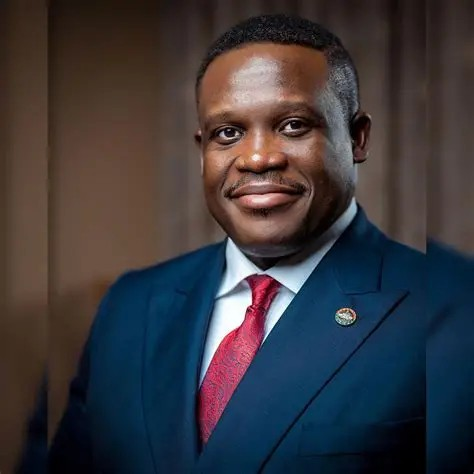📰 Media Under the Microscope: Ghana’s Push for Ethics and Accountability

Ghana’s media sector is at a critical juncture, as the government simultaneously pursues ethical reform and regulatory enforcement. The Communications Ministry’s plan to legislate journalistic ethics, based on the Ghana Journalists Association’s (GJA) Code of Ethics, coincides with a high-stakes standoff with MultiChoice Ghana (DSTV) over pricing and compliance. Together, these developments are reshaping the boundaries of press freedom, content standards, and corporate responsibility.
📜 Ethics in Law: GJA Code to Become National Standard
Minister of Communications, Digital Technology and Innovation, Samuel Nartey George, has announced that the GJA’s Code of Ethics will be codified into law to guide media coverage of tragedies and sensitive events. The legislation, embedded within the revised Electronic Communications Act, aims to curb graphic and intrusive reporting while respecting the privacy of grieving families.
“We’re going to be taking a lot of inspiration from the GJA’s code of ethics. It’s not a government directive, but the government is codifying in law positions that the GJA itself has established,” Sam George said on JoyNews.
The Broadcasting Bill, still pending in Parliament, is expected to provide additional clarity on media boundaries and content regulation.
📡 DSTV Impasse: A Battle Over Pricing and Sovereignty
In a parallel development, Sam George has issued a 30-day ultimatum to MultiChoice Ghana, demanding a 30% reduction in DSTV subscription fees or risk suspension of its broadcasting licence. The minister cited unjustified price hikes and cross-border piracy as key concerns, accusing the company of “fleecing” Ghanaian consumers.
MultiChoice Ghana responded with a firm rejection of the proposed price cut, calling it “not tenable.” In a statement signed by Managing Director Alex Okyere, the company defended its pricing model:
“MultiChoice values its subscribers and endeavours at all times to keep DStv subscription fees as low as possible, despite the extremely challenging competitive and macro-economic environment… Regrettably, the Honourable Minister has taken this stance, notwithstanding our ongoing endeavours to engage in good faith.”
The company also denied claims that it dismissed Ghana’s economic progress, stating it never referred to the cedi’s appreciation as a “fluke.” MultiChoice emphasized its commitment to lawful operations and constructive dialogue, but offered no indication of a price reduction.
Sam George, however, remains resolute. He rebuked MultiChoice’s response as evasive and disconnected from consumer realities, citing regional precedents in Nigeria, Liberia, and Malawi where regulators successfully forced DSTV to lower prices.
⚖️ A Nation at a Crossroads
The simultaneous push for ethical journalism and corporate accountability reflects Ghana’s evolving media governance. While the codification of the GJA’s ethics code may elevate standards, it also raises concerns about editorial independence. Meanwhile, the DSTV standoff underscores the tension between regulation and consumer access.
As these stories unfold, Ghana’s media future hinges on transparent dialogue, fair enforcement, and a shared commitment to public interest.



0 Comments
No comments yet, be the first to comment